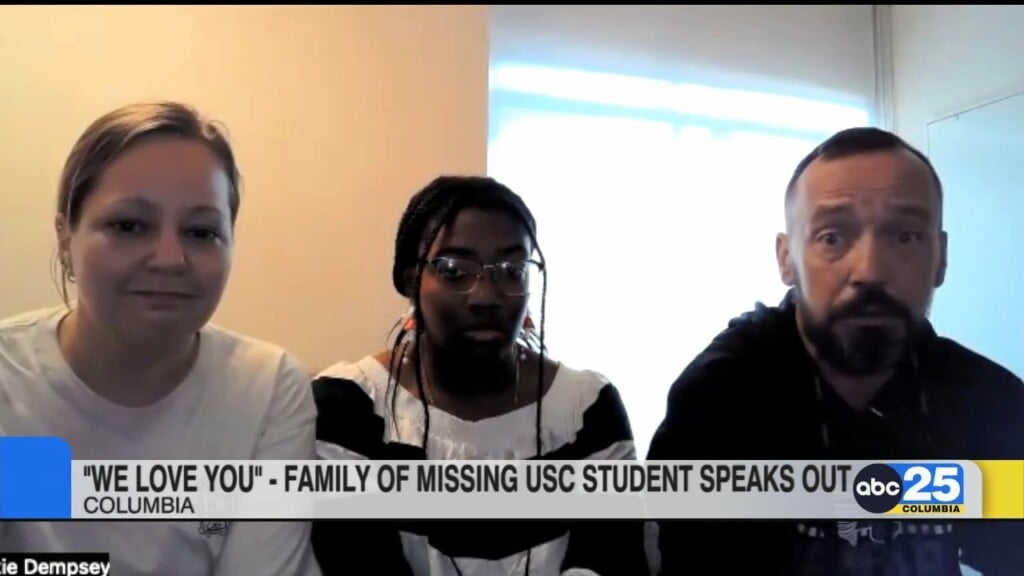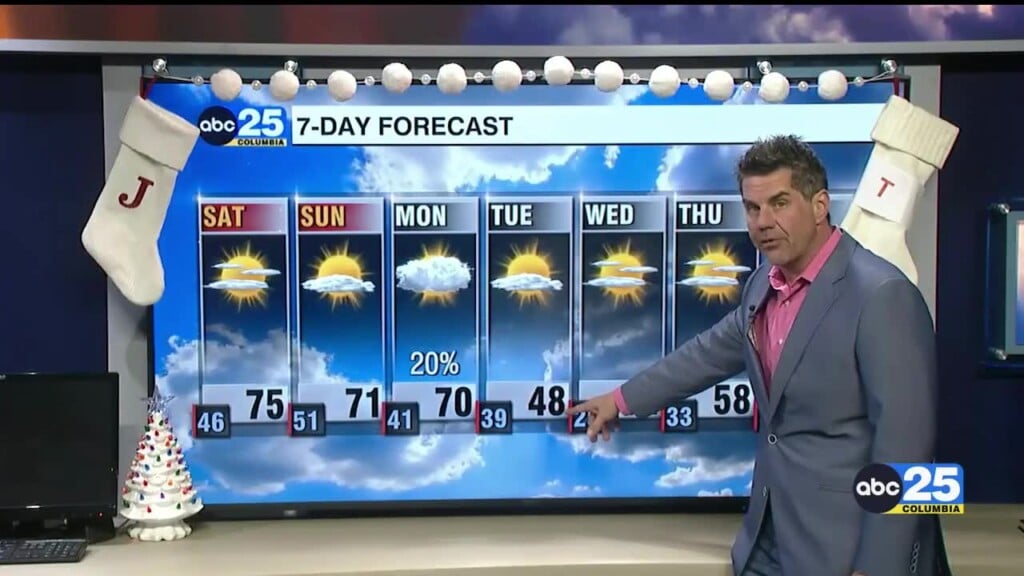RCSD Initiates New Training To Spot PTSD In Their Deputies
Columbia, SC (WOLO)– Law enforcement officers are trained to respond when others need help, but may sometimes are reluctant to ask for help themselves. Tuesday, Richland County deputies learned more about Post Traumatic Stress Disorder (PTSD) and how to spot the warning signs in their fellow officers.
“Until we can get to a point where we can ask those hard questions, we’re doing each other a disservice. We have to take care of eachother. And I think we missed a few steps with Fish,” Sgt. Kellye Hendrick said, with RCSD. The department initiated the new training after losing a few members of their family in blue. One of the most recent losses was Deputy Derek Fish, who took his own life last year.
“He was always full of jokes and smiled all the time. But a good person. And kind of, he’s younger than some of my kids. So to see that and to know what happened, it’s really devastating to think…why didn’t we get to him… and reach him in a way that could’ve changed the outcome,” Kevin Hackett said, a deputy with RCSD. Sargent Hendrick said it is hard to tell if there could have been a different outcome for Deputy Fish had they been able to see the signs. She just hopes now, that with this training, her brothers and sisters in blue will have the courage to ask the hard questions, but also, have the bravery to ask for support.
“You know anytime we lose one of our own it’s very hard, it’s very difficult. But if we can learn how to have those hard conversations and if we can learn how to better take care of our people, and let them know we do care about them, maybe we can try to stop some of that from happening because a loss is a loss. And it hits each of us differently. But it hurts just the same,” Hendrick said. “And officers think that if they ask for help that they’re weak. And we want to get rid of that stigma. It’s okay to not be okay. It’s okay to say ‘hey guys, I’m having a hard time with this murder suicide that I saw, or I’m having marital issues, I need some help.’”
“But being tough sometimes is being tough is enough to open up to people. Especially our brothers in blue. And sisters in blue,” Hackett said.
Hendrick said those suffering from PTSD should reach out, talk to others, and give themselves permission to not feel okay. But if they ever need help, to turn to those fighting beside them.
“You guys don’t know me from a can of house paint, but if you called me tomorrow and said, ‘Hey Kellye I need some help,’ I’ll be right there for you. Knowing you or not, you’re my brother. And we gotta take care of each other,” Hendrick said.
Those who were in the session say they believe this will make a big difference in their department.

